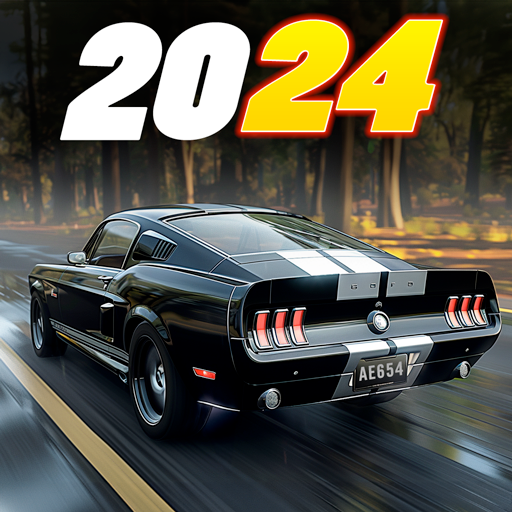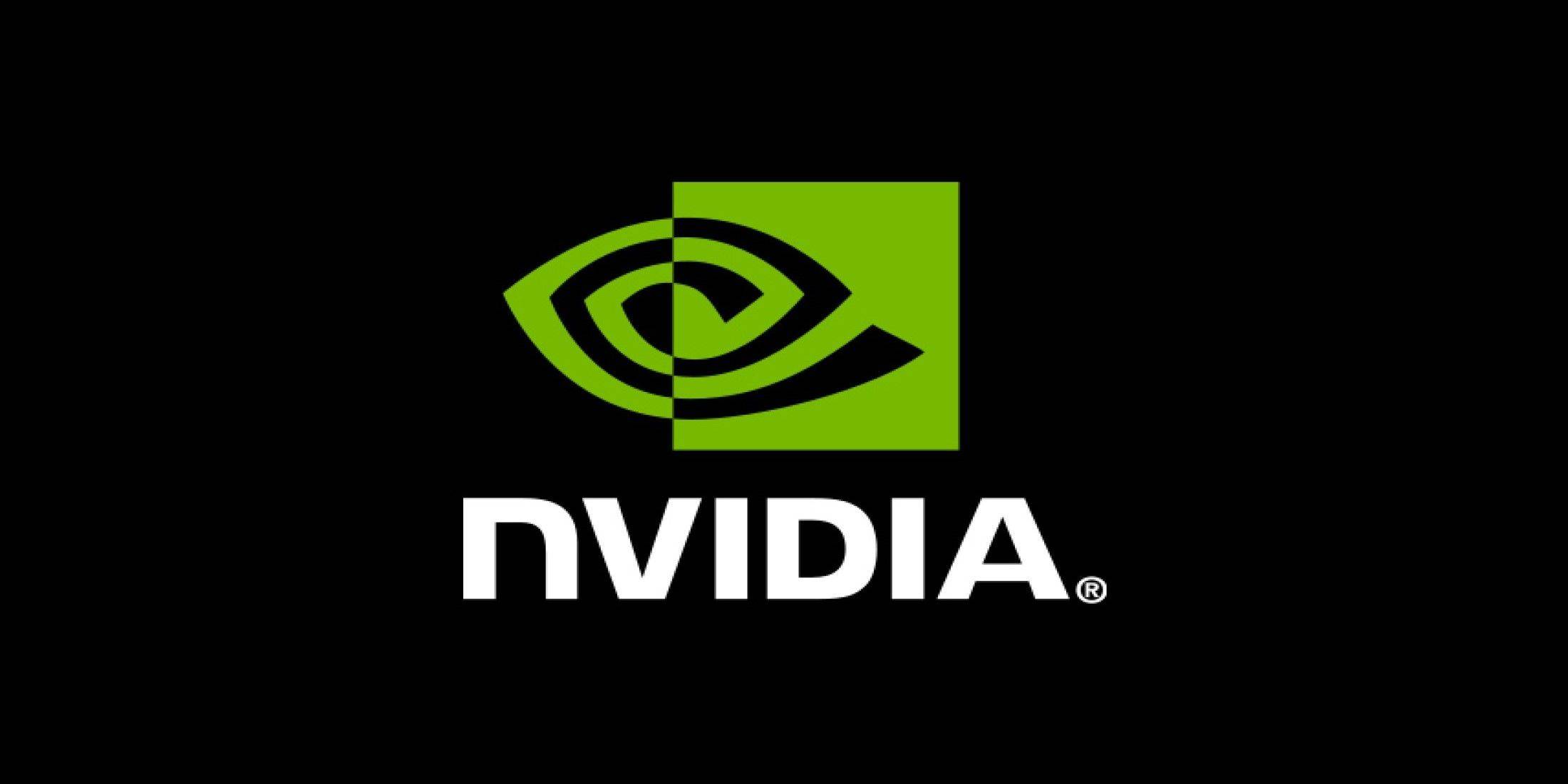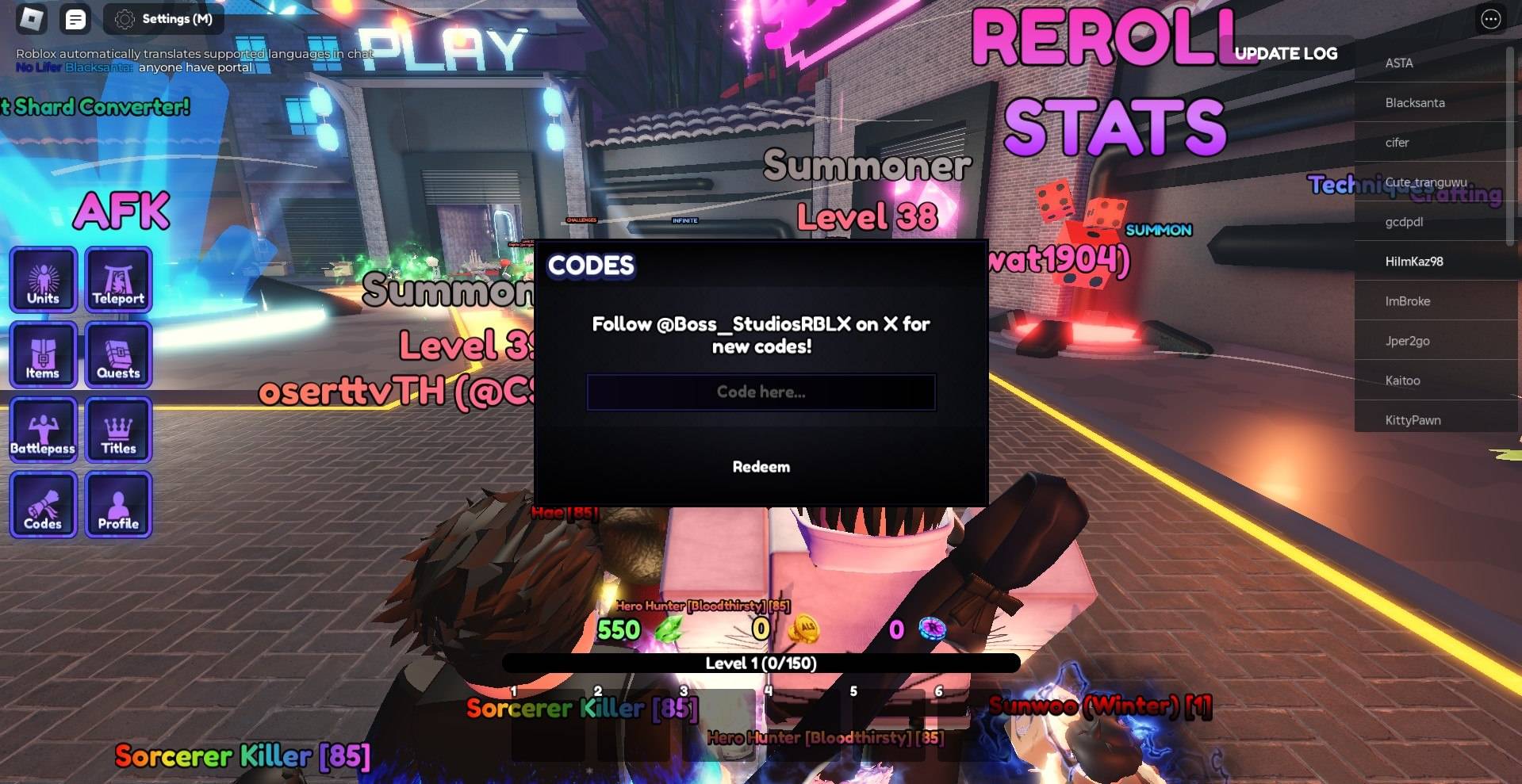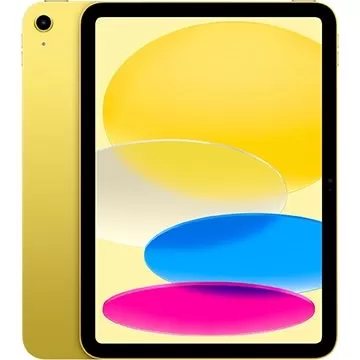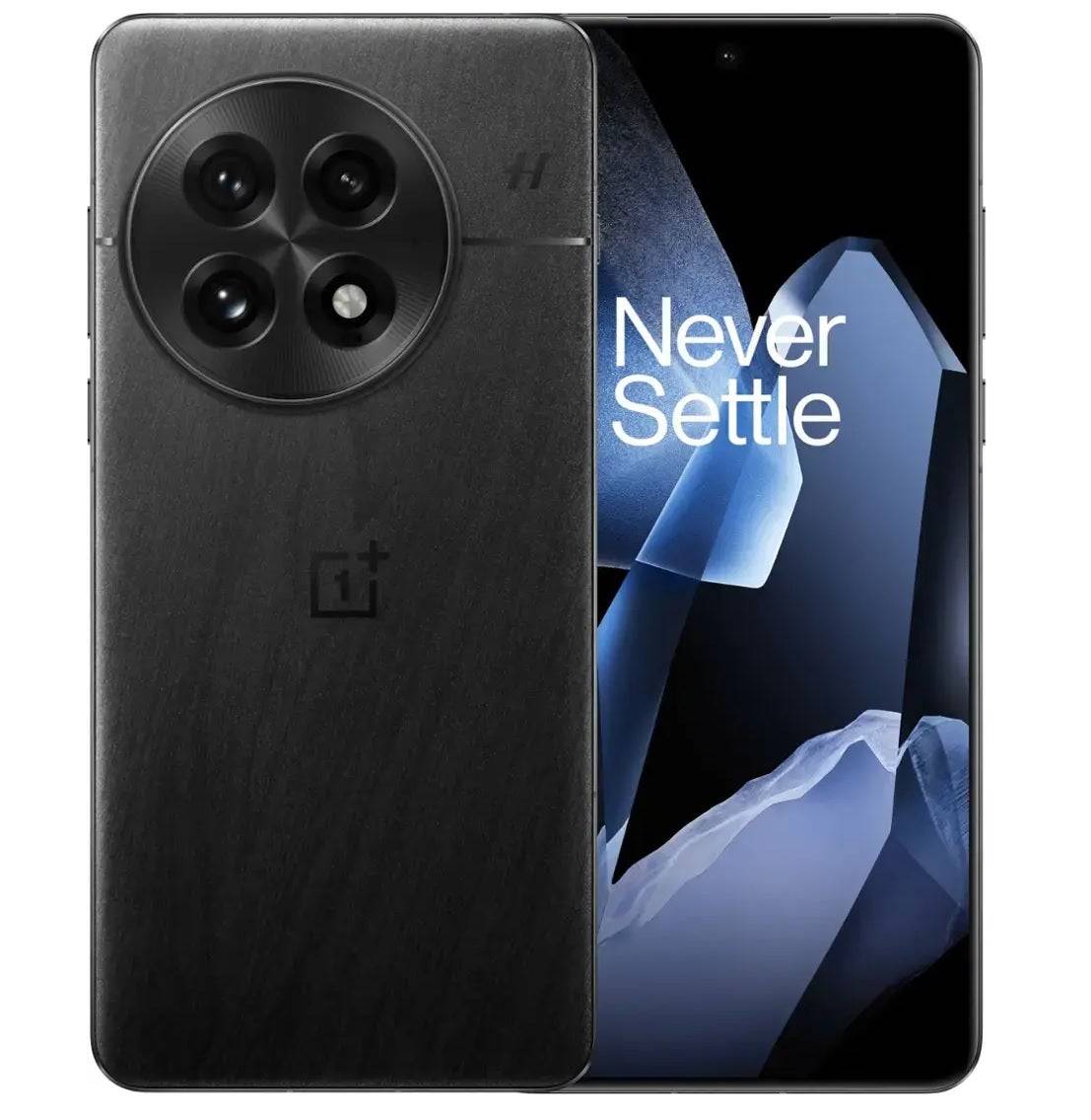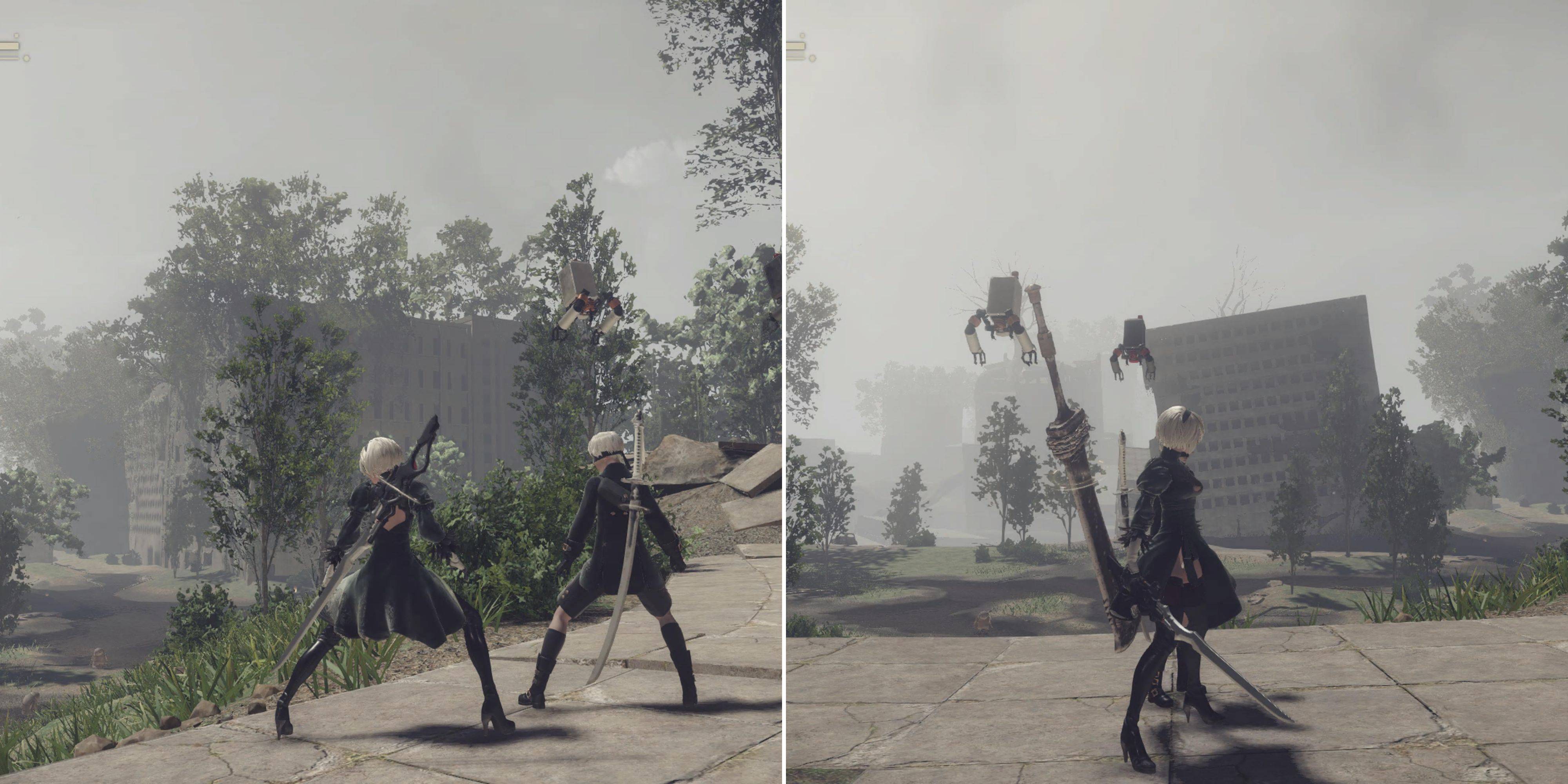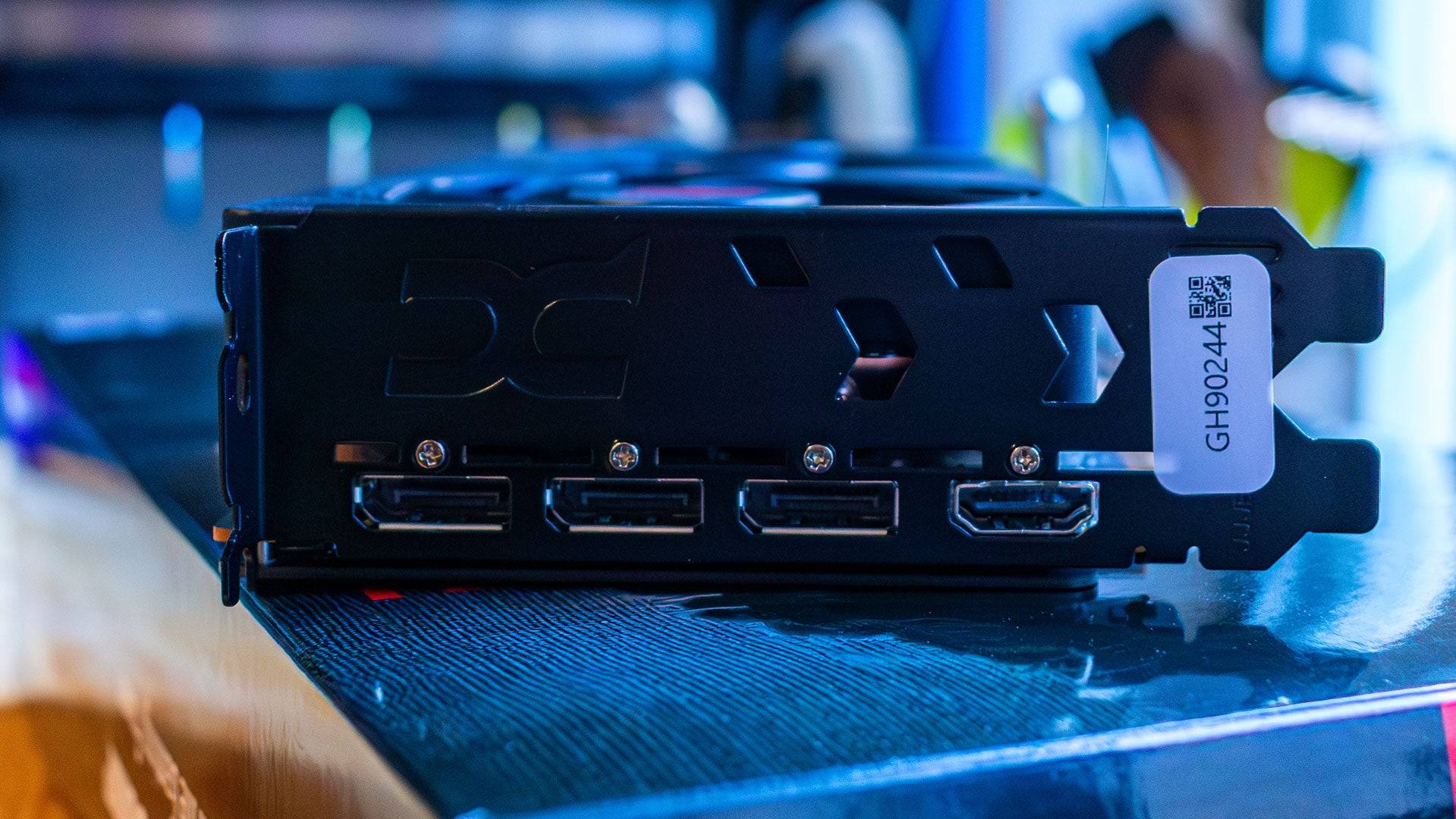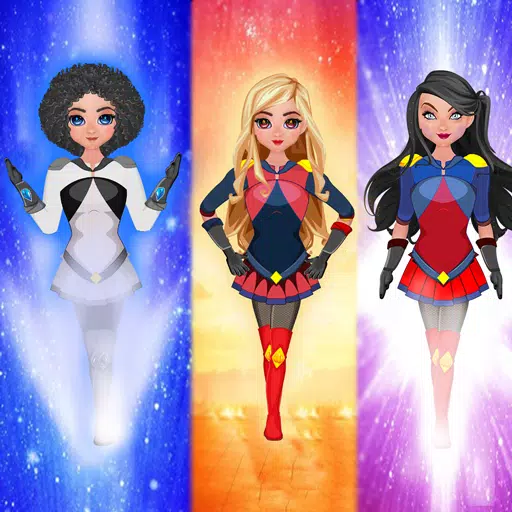PlayStation Cuts Prices While Xbox Hikes Amid Tariff Fears
The video game industry is feeling the pressure as the looming threat of tariffs continues to influence business decisions. Retailers and manufacturers are adjusting their strategies, with some removing products from U.S. shelves or raising prices to offset increased costs. Among them, Sony and Microsoft—two titans in consumer electronics—are responding in notably different ways.
Sony's Strategy Amid Rising Tariff Concerns
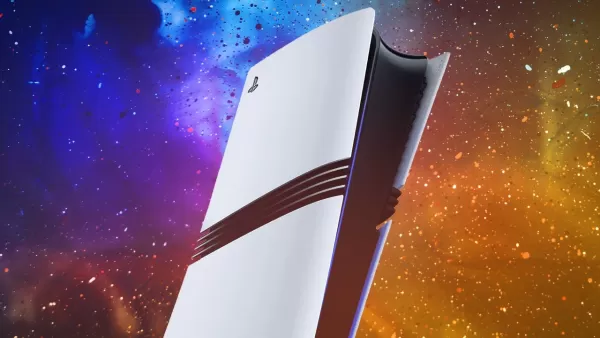
Shortly after the Trump Administration implemented "reciprocal tariffs" on April 5, Sony announced a price increase for its PS5 consoles across Europe, the UK, Australia, and New Zealand. The company cited a challenging economic environment, including high inflation rates and fluctuating exchange rates, as the reason behind this decision. This marks the second time in three years that Sony has raised PS5 prices in those regions, although the U.S. has so far avoided similar increases.
However, this may not last. Sony CFO Lin Tao recently stated in an interview that the company is closely monitoring “market trends” and may eventually “pass on the price and shipment allocation” to consumers. In anticipation of potential tariff impacts, Sony has stockpiled a three-month supply of PS5 units in the U.S., which should help cushion any short-term disruptions.
With the potential financial impact of tariffs estimated at $685 million, it’s only a matter of time before U.S. pricing adjusts. Considering the U.S. accounts for about 40% of PlayStation's global market share, Sony cannot indefinitely absorb these costs without affecting domestic consumers.
Sony’s Countermove: The PlayStation Days of Play Sale
In a surprising twist, Sony has launched its annual PlayStation Days of Play sale, offering significant discounts across a wide range of products—from consoles and controllers to popular games. Notably, the PSVR2 is now available at its lowest price ever during this promotional period.
- PS5 Pro Console –
$699.99$649.00 at Amazon (Save 7%) - PS5 Console Disc Edition – Call of Duty: Black Ops 6 Bundle –
$569.98$449.99 at Target (Save 21%) - PlayStation DualSense Edge Wireless Controller –
$199.99$169.00 at Amazon (Save 15%) - God of War Ragnarök (PS5) –
$69.99$29.83 at Amazon (Save 57%) - Astro Bot (PS5) –
$59.99$49.94 at Amazon (Save 17%) - PSVR 2: Horizon Call of The Mountain Bundle –
$399.99$349.00 at Amazon (Save 13%)
With many American consumers tightening their budgets amid economic uncertainty, Sony’s aggressive discounting strategy appears to be a calculated move ahead of potential price hikes. The Days of Play sale ends June 11, and given that 145% tariffs on Chinese goods are set to resume August 12, this could be one of the last major sales opportunities until Prime Day.
Microsoft’s Contrasting Approach to Tariffs
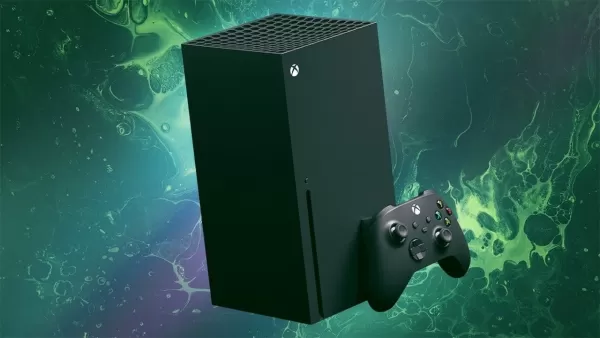
Unlike Sony, Microsoft has taken a more aggressive stance by proactively increasing prices across its entire Xbox hardware lineup. This decision comes as a response to manufacturing costs rising due to tariffs, especially since most Xbox consoles and accessories are produced in China. Despite being a U.S.-based company, Microsoft faces margin pressures that necessitate these adjustments.
The challenge, however, lies in Microsoft’s current market position. Xbox has underperformed compared to PlayStation this generation, with the PS5 selling twice as many units as the Xbox Series X. In fact, cumulative sales of the Xbox Series X|S have fallen short of even the Xbox One’s figures over the same timeframe. Raising prices now seems like a risky gamble, especially when Sony is lowering its own.
The entry-level Xbox Series S now starts at $380—an uphill battle considering the PS5, bundled with *Call of Duty: Black Ops 6*, is just $20 more. Meanwhile, the flagship Xbox Series X saw a $100 price hike, bringing it to $600 for the same model released in 2020. By comparison, Sony introduced the PS5 Pro—a mid-gen refresh with modest performance improvements—for $700, which looks increasingly attractive despite initial criticism.
What's more, Microsoft confirmed that all first-party titles will retail for $79.99 starting this holiday season. Nintendo has also tested higher price points, with *Mario Kart World* for the Switch 2 launching at $80—a decision that drew backlash from fans. While PlayStation and others remain hesitant to follow suit, analysts predict more companies may adopt Microsoft’s pricing strategy if the economic climate doesn’t improve.
Latest Articles


![1xBet [Updated]](https://imgs.yx260.com/uploads/76/1719623227667f5e3be7616.jpg)


